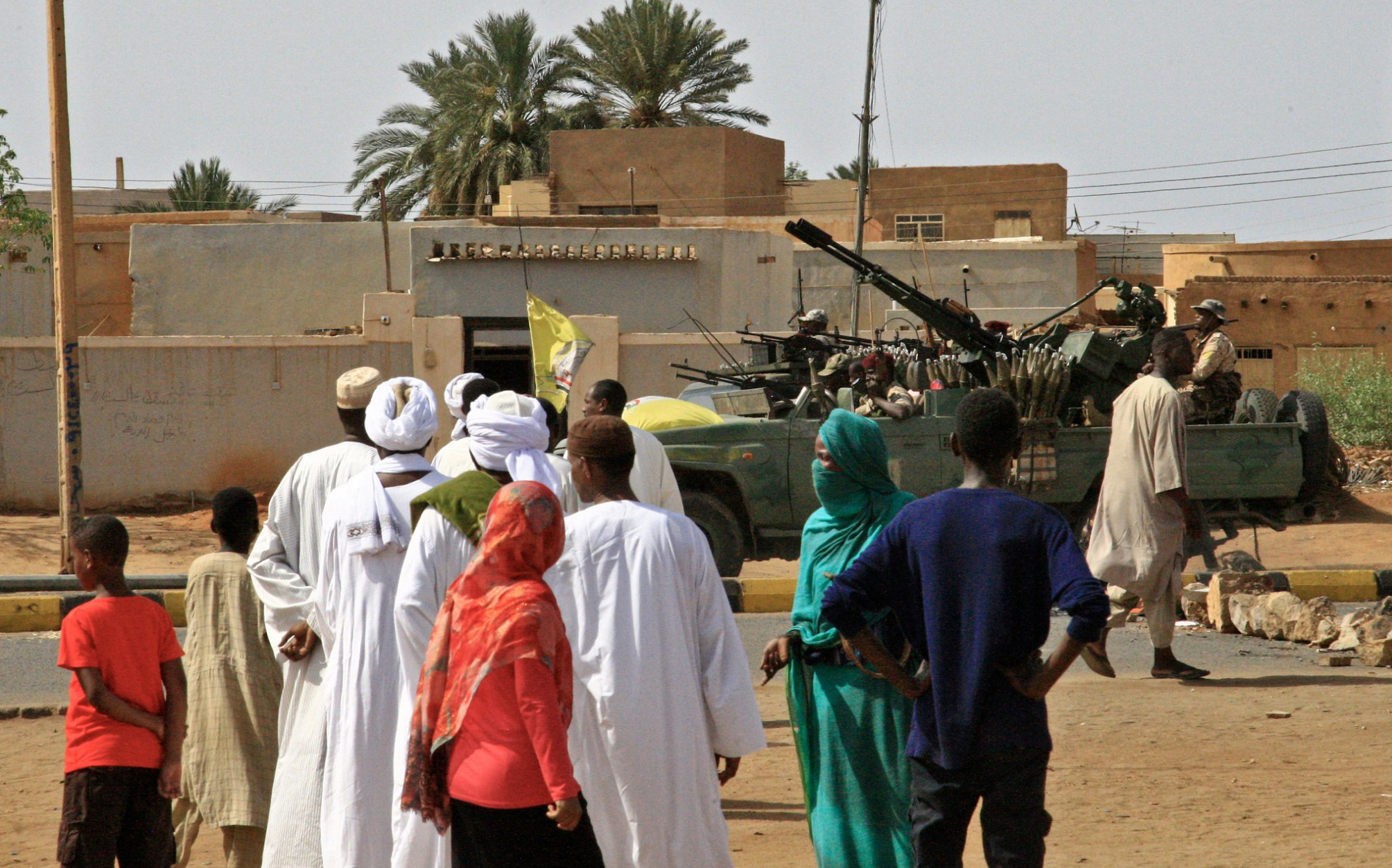The Sudanese Professionals Association (SPA) has urged the international community to recognize it as the “sole legitimate representative of the Sudanese people.” The SPA, which led the protests that overthrew former president Omar al-Bashir in April, has been demanding that the Transitional Military Council that succeeded him hand over power to civilian forces.
This comes amid a reign of terror in the country. On June 3, the Rapid Security Forces (RSF), a notorious militia, killed over a hundred, injured more than 700 and raped many men and women while dispersing the main sit-in demonstration in Khartoum. Even as the incidents were condemned around the world, the junta, in an official statement, praised the RSF. The militiamen are not part of the regular armed forces but are led by an army general, Mohamed Hamdan Dagalo, who is also the TMC’s vice-president.
A statement by the foreign relations committee of the SPA on June 7 alerted the international community that the “full scale of the massacre is still unknown.. The number of casualties is likely to rise given the high number of missing protestors.”
The militiamen who committed the massacre, the statement added, “have taken full control of greater Khartoum and have been terrorising its populations, including through attacks on healthcare professionals, extra judicial killings and rapes.”
To cover up the full scale of the atrocity of June 3, the RSF militiamen dumped the bodies of the protesters they had shot or hacked to death in the Nile, with heavy blocks of cement or bricks tied to their corpses. By June 5, at least 40 bodies had been recovered from the river.
Many protesters are also believed to have died when the tents in which they were hiding were burnt down by the RSF. More bodies may be recovered from the debris, which are all that remain at the protest square.
At least three women and two boys who were raped were later admitted to Royal Care hospital. The Independent quoted a medic as saying that seven female doctors were raped as retribution for treating the injured while Radio Dabanga claimed to have accessed information regarding a similar sexual assault on a minor.
Since the massacre, the RSF has been patrolling the deserted streets of the capital city – killing, beating and sexually assaulting anyone who dares to venture out. At the same time, there are reports that those taking part in the strike called against these atrocities are being killed inside their homes by the militiamen.
ISIS and Boko Haram will exploit the security vacuum: SPA
Amid this reign of terror, some mosques have been using loud-speakers to call on citizens to arm themselves in self-defense. Many of these calls are being given in the name of the SPA. The SPA, however, sent an audio statement deeming such calls the work of ‘agent provocateurs’.
Urging the citizens to not heed such calls, the SPA said on June 5, “The regular forces, most of all the police, are tasked with protecting civilians. So please turn to them in case of an emergency.. Never buy weapons yourselves.”
In a separate statement addressing the international community, SPA’s foreign relations committee said, “Given Sudan’s porous borders and the dedication of the security forces to the brutal repression of civilians, we have reason to believe that illegal trafficking of both weapons and humans as well as illegal migration will dramatically increase. More ominously, terrorist groups such as ISIS and Boko Haram will likely exploit the security vacuum and set a stronghold in Sudan.”
While calling on international actors to help prevent a “major humanitarian disaster, particularly as food and medical supplies” are running short, the SPA also urged foreign powers to respect the country’s sovereignty and refrain from undertaking any action that might lead to a military intervention.
The UN has “temporarily” withdrawn a large portion of its staff from the country citing their security as a concern. After an emergency meeting in Ethiopia on June 6, the African Union (AU) suspended Sudan’s membership.
The following day, Ethiopian prime minister Abiy Ahmed flew to Khartoum, offering to mediate. While he met the president of the TMC, general Adel Fattah Al Burhan, the protest leaders refused to meet him at the presidential palace. A separate meeting was held at the Ethiopian embassy, where he met representatives of the Declaration of Freedom and Change (DFCF), which includes a number of political parties and the SPA.
Here, the protest leaders told him that the negotiations with the TMC could resume only if it accepted the responsibility for the massacre, withdrew the RSF from the streets, disbanded the militia and handed over its weapons to the regular armed forces.
The formation of an international committee to investigate the crimes, release of all political prisoners and the lifting of the press and internet blockade were the other demands of the civilian forces, journalist Yousra Elbagir tweeted, citing sources in the DFCF.
Two leaders who were part of this meeting in the embassy were subsequently arrested. One of them, Mohamed Esmat, a prominent DFCF leader, was arrested soon after the meeting. The other was Ismail Jalab, a leader of the Sudan People’s Liberation Movement-North (SPLM-N), who was arrested from his residence on June 8. “We don’t know where they are being held”, an aide of Jalab told AFP.





